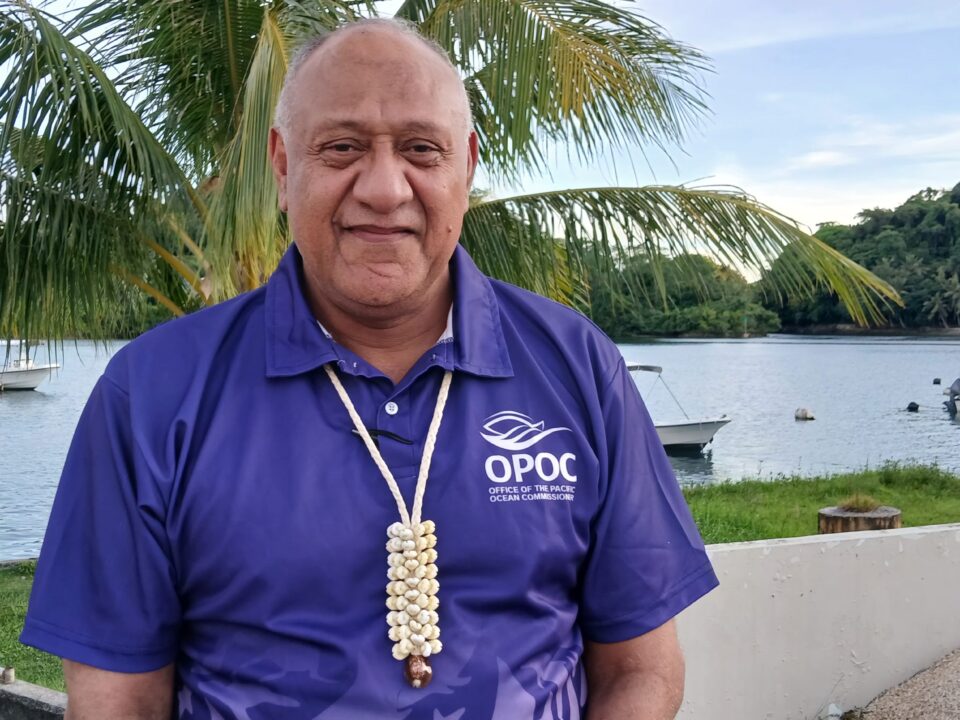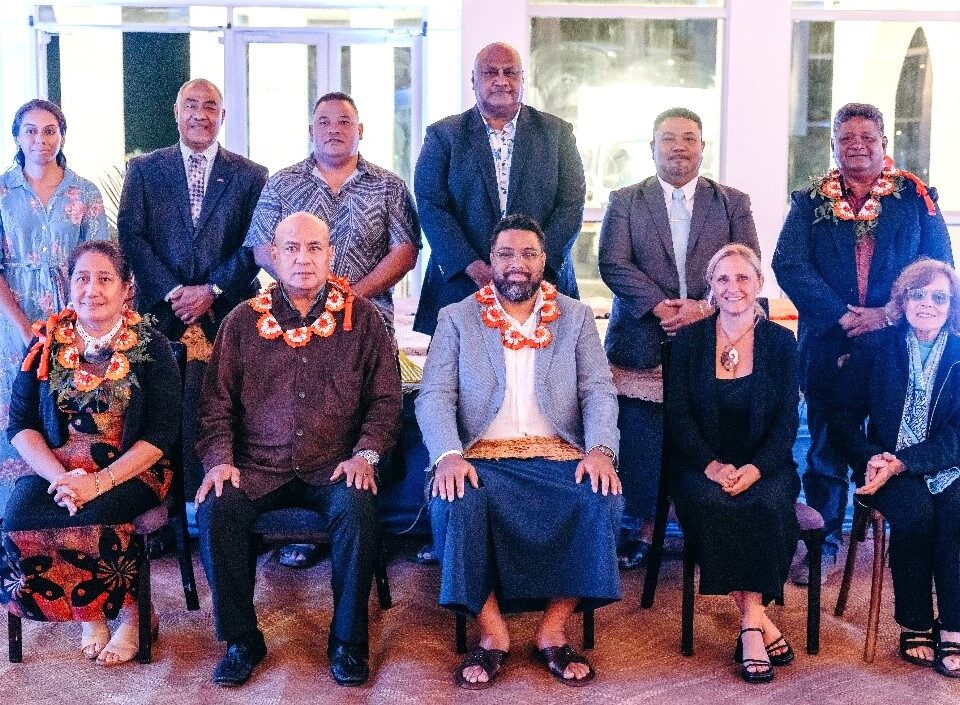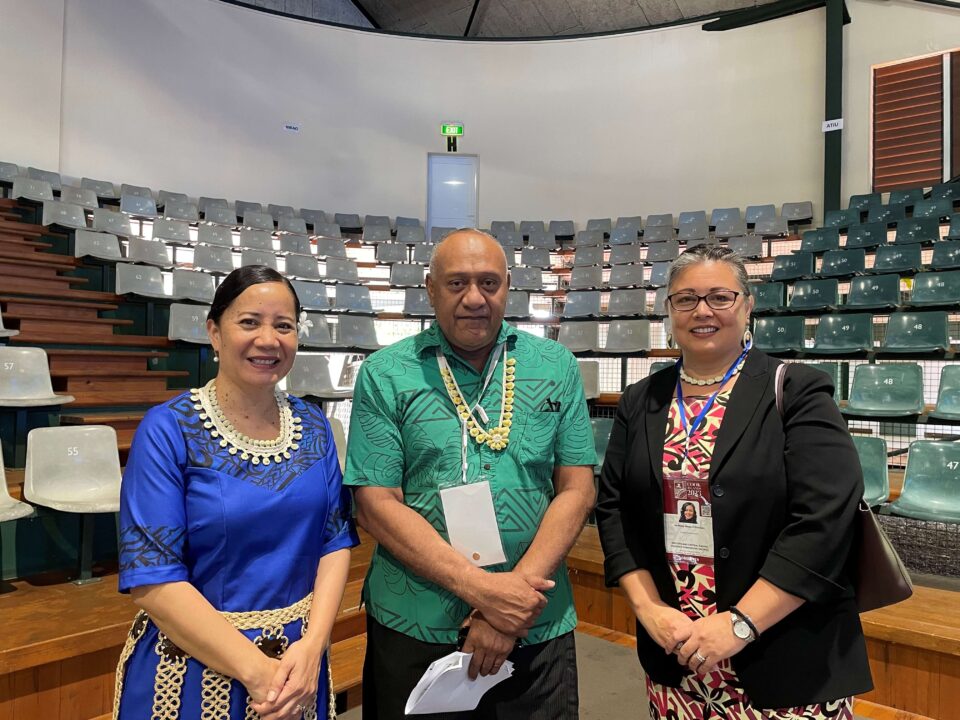
The proposed zero draft text on the new global treaty to manage the globe’s marine biodiversity beyond national jurisdictions (BBNJs) must ensure that small island developing states in the Pacific are supported in their rights and duties as stewards of the ocean.
This is one of the four key positions of Pacific Islands Forum (PIF) members at the BBNJ negotiation currently underway in New York this week.
Speaking on behalf of PIF members, Tuvalu’s deputy head of mission in New York, Fakasoa Tealei said the proposed instrument must be inclusive and ‘leave no one behind.’
“We believe that the consideration of SIDS in the zero-draft must be strengthened to ensure that this group of countries, in particular Pacific SIDS, are given consideration to support their role, their rights, and their duties as stewards of the ocean.
He urged negotiators to engage in constructive negotiations in the two weeks negotiations and to help bridge respective positions.
“We need to make the BBNJ instrument future-proof, meaning we need to not be too prescriptive. We should not allow the BBNJ instrument to become too broad either, leaving too many uncertain decisions points, which could further delay the implementation of this critical instrument.
The proposed treaty should capture key elements in the instrument that reflect our ambition and move beyond the status quo.
Tealei said the instrument should also properly address the huge challenges and threats facing marine biodiversity.
“As stewards of the ocean, we strongly believe that we cannot agree on the lowest common denominator and we certainly cannot accept the status quo. We need to be ambitious enough so that we stop the decline of marine biological diversity and we make good on the multiple commitments made by our leaders, said Tealei.
Another key position for Pacific Island Forum members is to ensure the new treaty is based on informed decisions and incorporate traditional knowledge accumulated through centuries by indigenous peoples and local communities.
“In our view, traditional knowledge is relevant in many circumstances when implementing the instrument, including when science is lagging. In that regard, we suggest that the appropriate formulation in the text should be “based on best available scientific information and relevant Traditional Knowledge of Indigenous Peoples and local communities” to highlight the complementarity between these two bodies of knowledge.
There is also growing recognition of the need to give coastal states adjacent to Areas beyond national jurisdictions (ABNJs) adequate consideration, given the possible impact on their exclusive economic zone rights.
“Coastal states should have the opportunity to partner in relevant ABMT proposals, including in design and implementation. In that regard, we think that the zero-draft is a good basis to furthering our discussions on this issue.
Related to this issue is the role of regional and sub-regional institutions that were established for conservation purposes under the Convention.
“Indeed, in our region, many institutions have mandates with relevance for the issues discussed in BBNJ. As these organisations are working together to support our delegations of the Blue Pacific, we see the value for the agreement to recognise and provide a structure which enables such existing organisations to do just that, while ensuring a robust global accountable and criteria-and-standard-setting level, said Tealei.
The Tuvaluan diplomat used the analogy of paddling together in a canoe in the same direction to guide the negotiations to reach a consensus conclusion by Friday 30 August.
“To bring us all to shore perfectly, we need everyone to be on board, which we are getting there. We then need to all paddle in the same direction and in a coordinated manner. This requires a skilful master navigator who sets the cap and stroke. With you at the helm, we are on the right path, said Tealei.
Tuvalu as the new chair of the Pacific Islands Forum is leading the PIF intervention at the BBNJ Inter-government conference third session in New York. The other New York based diplomats have also taken the lead roles intervening for the region on main issues in the draft text. The text included ways to protect the high seas by establishing Marine Protected Areas, Environmental Impact Assessments, Marine Genetic Resources, Capacity Building and Marine Technology Transfer.
PACNEWS coverage of the BBNJ IGC 3 in New York is made possible with funding support from the New Zealand Government through the Office of the Pacific Ocean Commissioner (OPOC).
Published: PACNEWS



